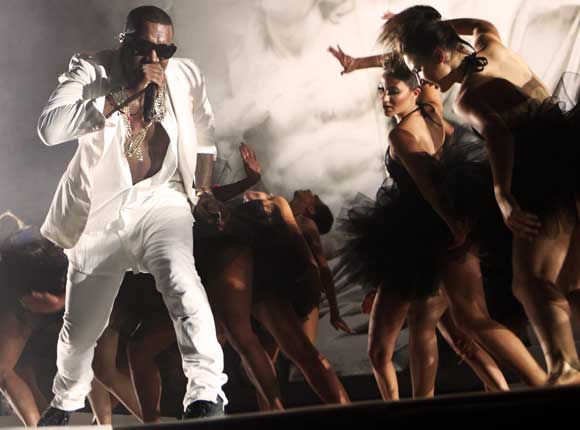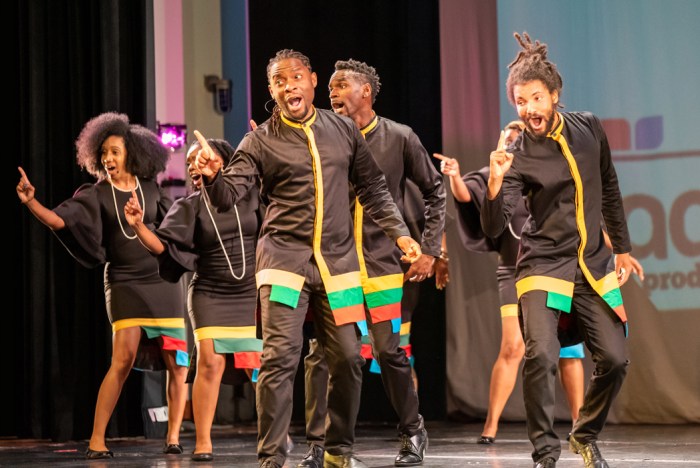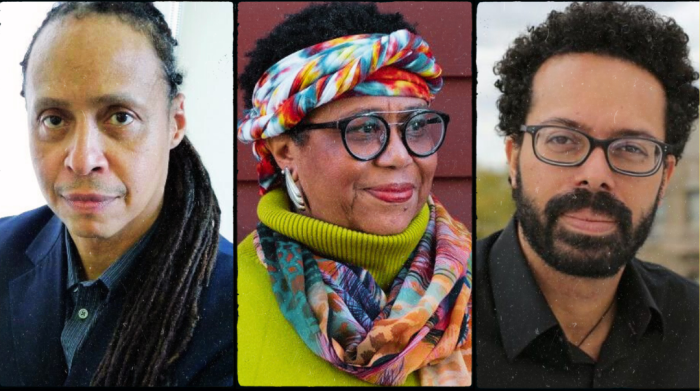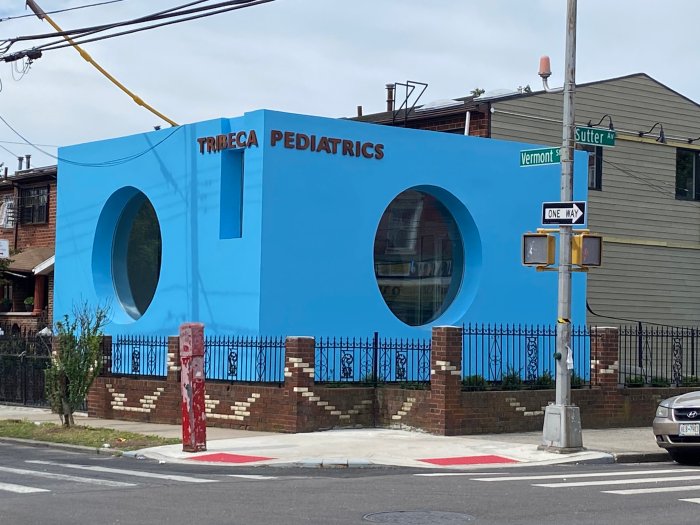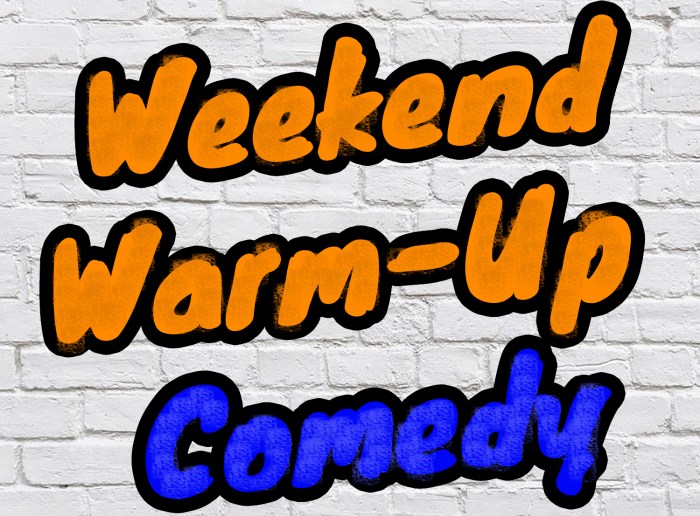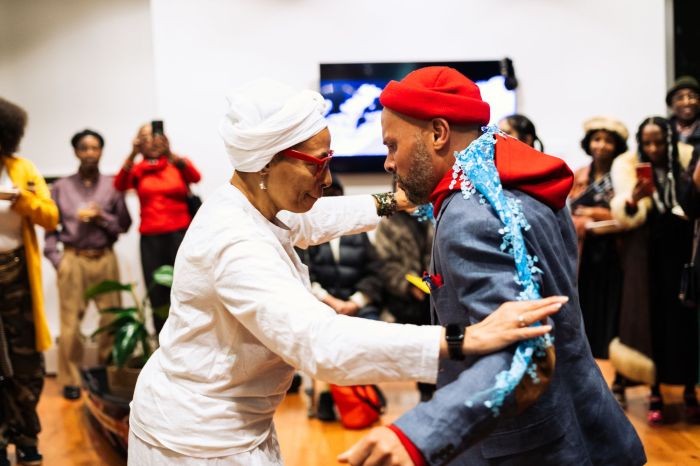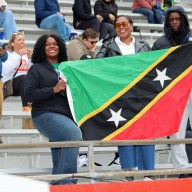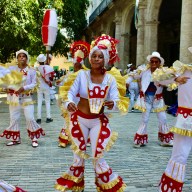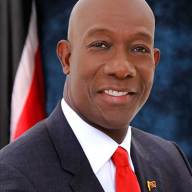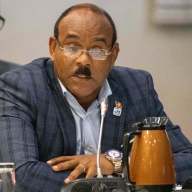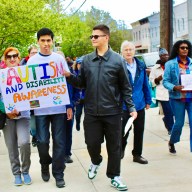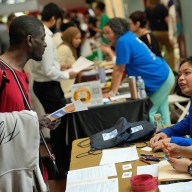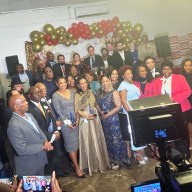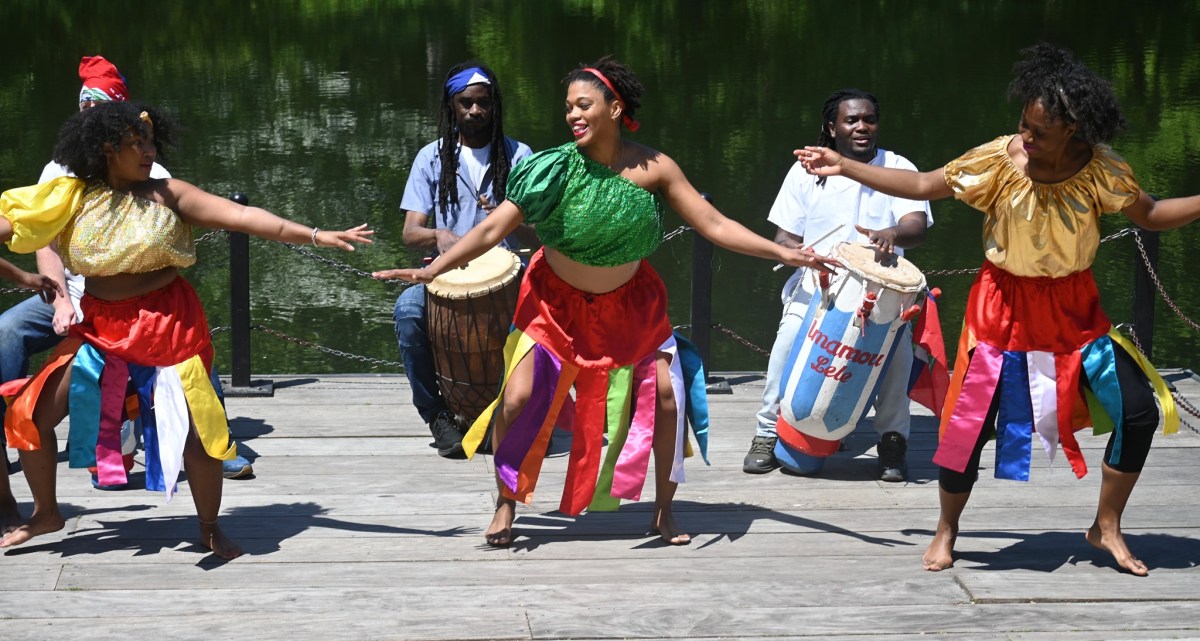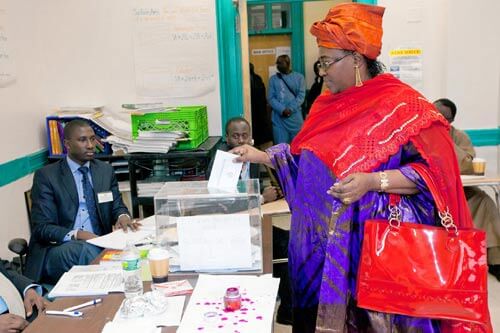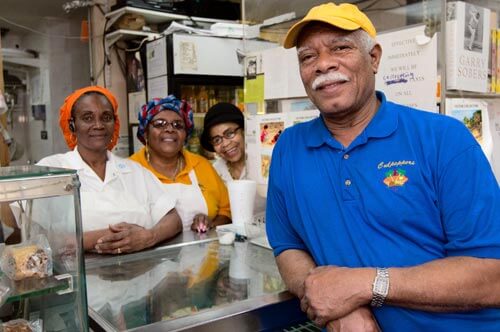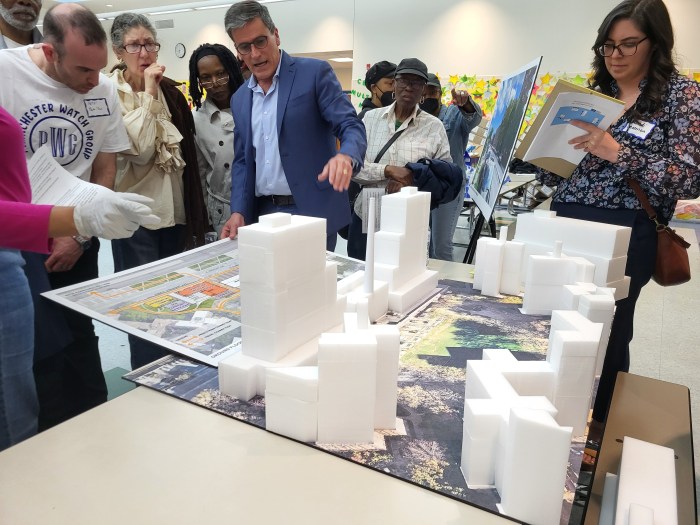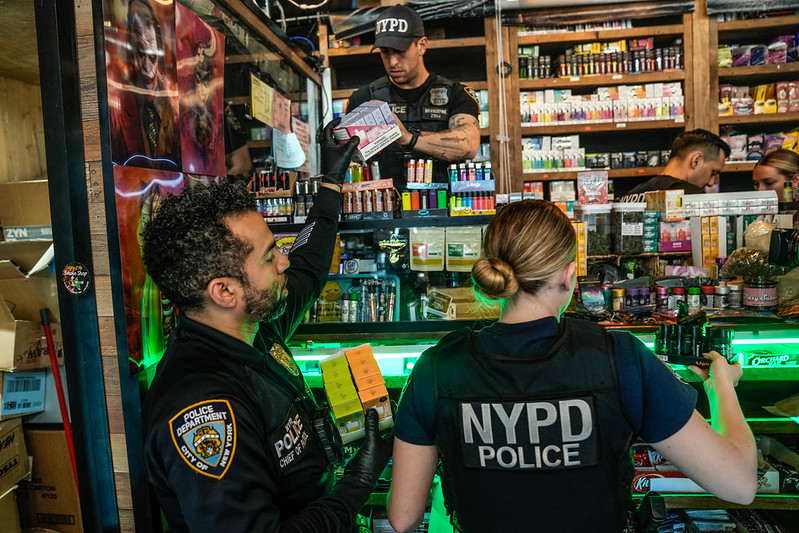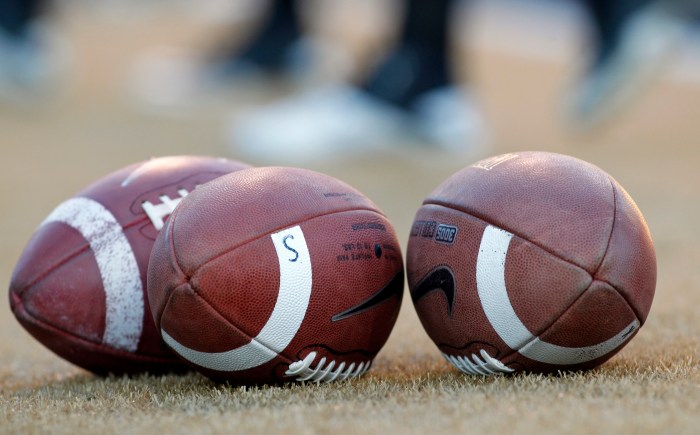Among the live music choices New Yorkers face in the upcoming months the most compelling may well be several artists that inspired the winds of change in the Middle East and Africa. From reggae music to soul, rap, punk inflected music from the Moroccan underground.
Caribbean Life spoke to several artists at Africa’s premier world music festival, Mawazine: Rhythms of the World in Rabat, Morocco last week. Intenational stars such as Kanye West and Shakira drew the largest crowds, listening to others was like putting a finger on the pulse of the heart that is inspiring change throughout the region.
Hindi Zahra, of Berber and Tuareg heritage is one, particularly for women listeners. Live, her voice is riveting, ethereally floating over understated rhythms. The chorus of one song, “Standing on your two knees baby tell me what do you need, stand up on your two feet baby that’s how it’s got to be” delivered in a slightly subversive deadpan had many in the audience on their feet. It was hard to tell if the audience at the National Mohammed Theatre was responding to its raw seductiveness or the content of the words.
Hindi Zahra’s American tour is in the works, tour dates to be announced.
Ivorian reggae artist Tiken Jah Fakoly has been living in exile because of his outspoken position on political corruption there. With the resolution of the election and fighting there, he told Caribbean Life he is now planning a series of reconciliation concerts in Cote’ D’Ivoire to heal divisions, but will not stop speaking out. Tiken Jah will also perform at Central Park Summerstage, August 20 and is releasing his new album African Revolution digitally in the U.S. in conjuction with his summer tour.
Senegalese superstar Youssou N’Dour also known for his socially conscious lyrics is releasing a reggae album, Dakar-Kingston his first. The U.S. tour includes a stop in New York at Terminal 5, June 26. Recorded at Tuff Gong and produced by Tyrone Downie, Dakar-Kingston which explores the connection between Reggae and its west African roots. “When people were taken from Africa, the music left, too.” Youssou explains, at the festival he unveiled several original songs and also included Marley’s Redemption Day.
There is a new discovery at every turn in this beautiful city, on the stages of the Mawazine Festival, and relating to the recent changes in the political landscape of the region. Local media were eager to quiz artists arriving from across the globe and every Arab country as to how they felt about the changes in Egypt and Tunisia.
Most insightful, personally, is the experiences related by younger Moroccan artists who say the template for the peaceful revolutions were created by musicians struggling to get their voices heard.
Caribbean Life spoke with another female artist from Morocco, Soultana, who is blazing a trail for Moroccan woman.
Soultana, Yousefra Oukas, is a rap artist who has emerged from the underground in Morocco by popular demand through an internet connected fan base.
She and three friends formed the first female rap band, Tigrisse Flow. In 2009 she began a solo career and just toured the U.S. playing at Joe’s Pub in New York and hopes to return soon.
Soultana told us, “The revolution in our countries was born through hip hop.” Because the music is not accepted, “It’s all about facebook and myspace, skyrock and youtube, that is the reason we have the revolution of hip hop in our countries. We try to make people understand and accept that rap music is not taboo but just talking about issues. You have a message to give it to the people so they understand the problem and the solution.
The most prominent band of this underground DIY culture is Hoba Hoba Spirit. Their performance at the festival and a taping for HBO sparked interest in bringing their message to the U.S.
Hoba Hoba Spirit’s music defies categorization, absorbing what’s out there musically, punk rap, and Gnawa and African rhythms. Processed, its influences comes out fast and hard.
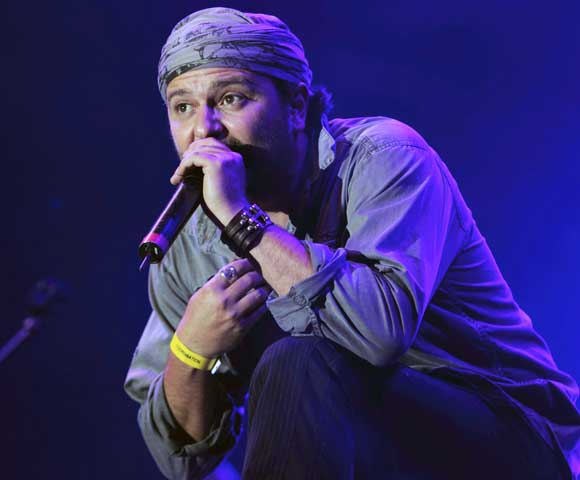
Photos by William Farrington


